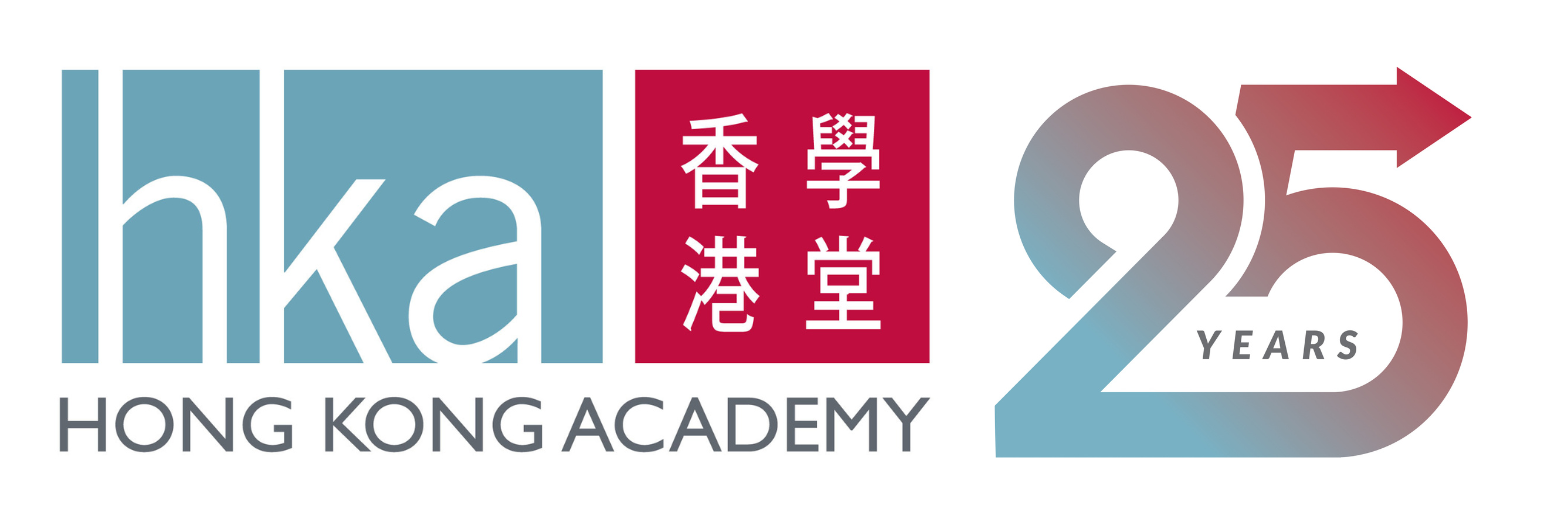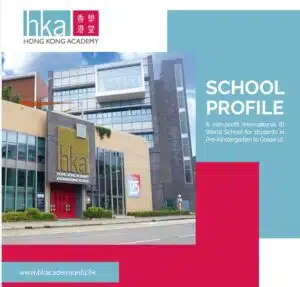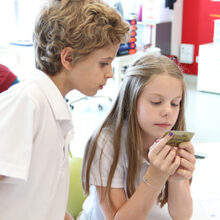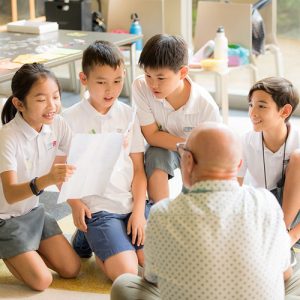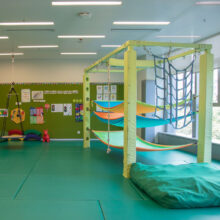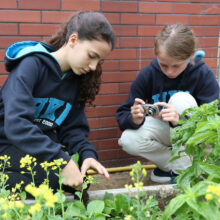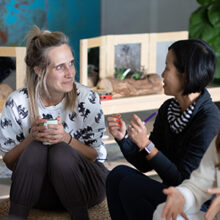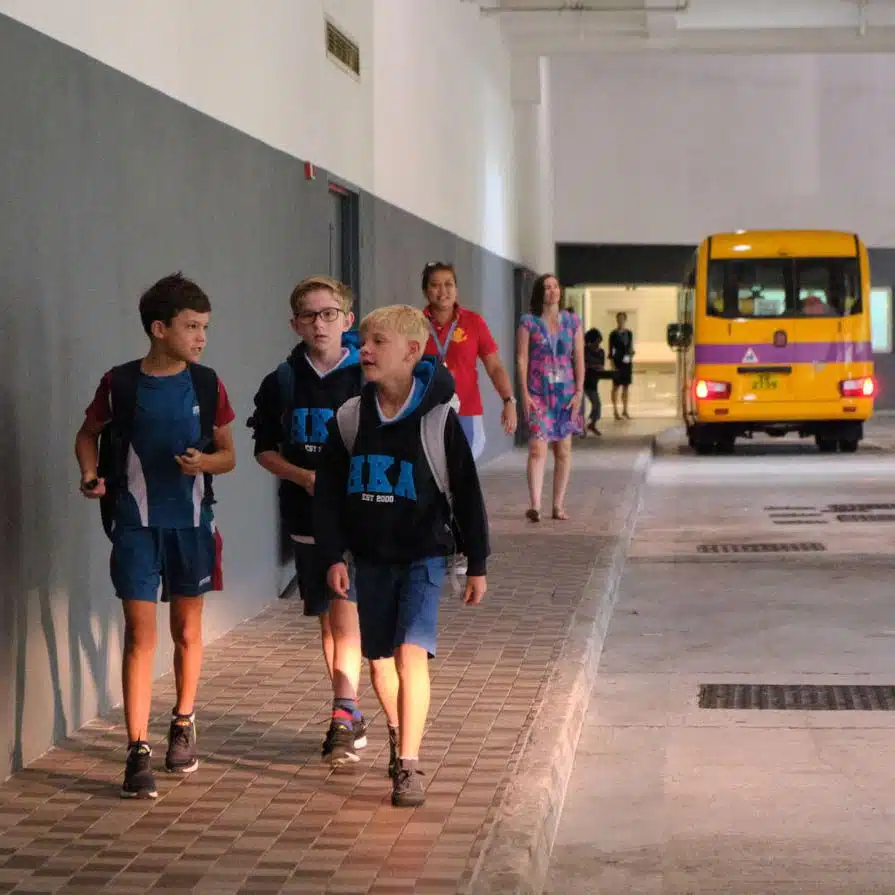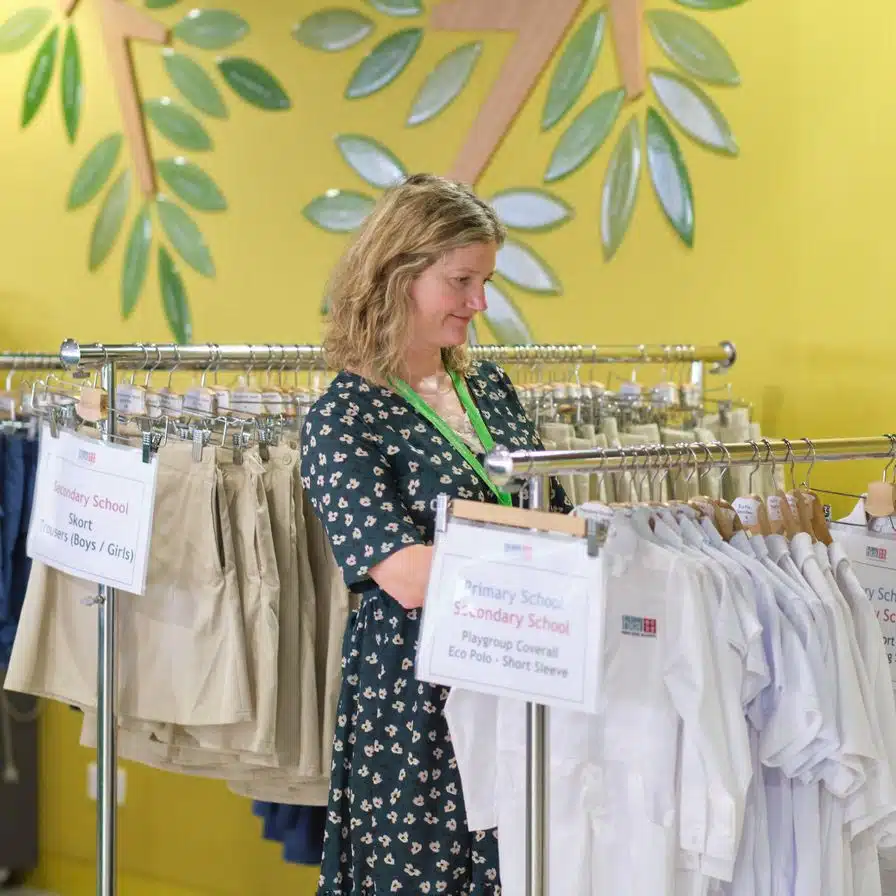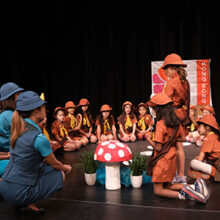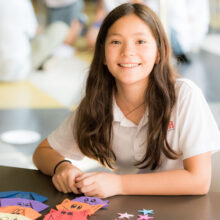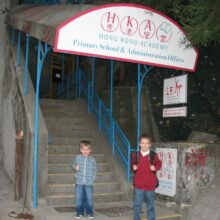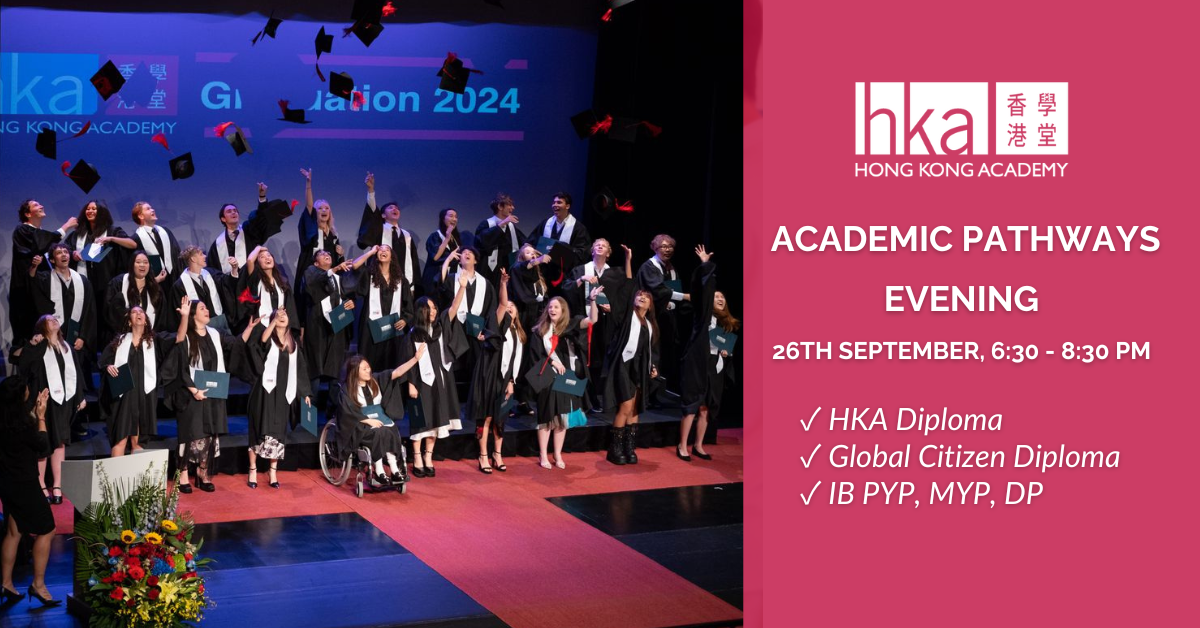| Because we believe that assessment should | Teachers will... |
|---|---|
| Define and clarify learning targets for students | - design standards-based assessments that inform individualised learning targets & develop clear success criteria - ensure that students understand the purpose & goals for each assessment so students know why the learning is important, and what outcomes are expected - involve students in goal setting where possible |
| Encourage deep and meaningful engagement with challenging learning tasks | - integrate developmentally-appropriate assessments that highlight student strengths and provide opportunities for choice, voice and ownership - create a classroom culture where students feel supported to take risks and ask for clarification |
| Promote self-directedness, self-awareness and reflection throughout the learning process | - embrace assessment as a continual process. After receiving feedback and having an opportunity to reflect, students may opt to try again to demonstrate their understanding. - create & promote opportunities for student agency and for students to craft their own personal learning goals. - support students in developing a growth mindset. - focus on intrinsic motivation, rather than extrinsic. |
| Foster equity, inclusion, and student agency | - provide multiple opportunities for students to show learning, achieve their personal potential and feel successful. - incorporate a range of assessment modes including videos, voice recordings, visual thinking routines, play-based & hands-on learning engagements, anecdotals, one-on-one conversations and written pieces. - provide accommodations and modifications as appropriate to any students with individual learning needs or an IILP and empower all students to advocate for themselves. |
| Facilitate interaction and dialogue around learning (peer, teacher-student, and parent) | - provide prompt, age-appropriate, effective feedback that will support students in developing self-awareness and self-monitoring skills to better adjust their learning and build self-efficacy and resilience. - communicate openly, and in a timely manner, with students and parents about where students are in their learning and what their next steps are. - use Parent Teacher Student Conferences as a platform for co-sharing student goals, progress and next steps. |
| Support the development of learning partnerships and communities | - collect evidence of student achievementand progress on an ongoing basis. - build a culture of assessment partnership across the learning community and develop shared understandings of student learning. - facilitate a collaborative approach to monitoring, documenting, measuring and reporting. |
| Help teachers adapt teaching to meet student needs | - monitor student understanding throughout the process of learning, in addition to modelling, communicating and sharing evidence of learning with students and parents. - analyse standardised assessment data and use it to inform future instruction, support differentiation and reflect on teaching & learning - draw on clear and consistent data collection tools/resources to track patterns over time and inform future planning |
REPORTING & FEEDBACK
Because we value students as individuals and want to celebrate their strengths as well as highlight opportunities for growth, primary school reports will draw on the Common Core State Standards and the PYP scope & sequence for core subject areas, and will also include:
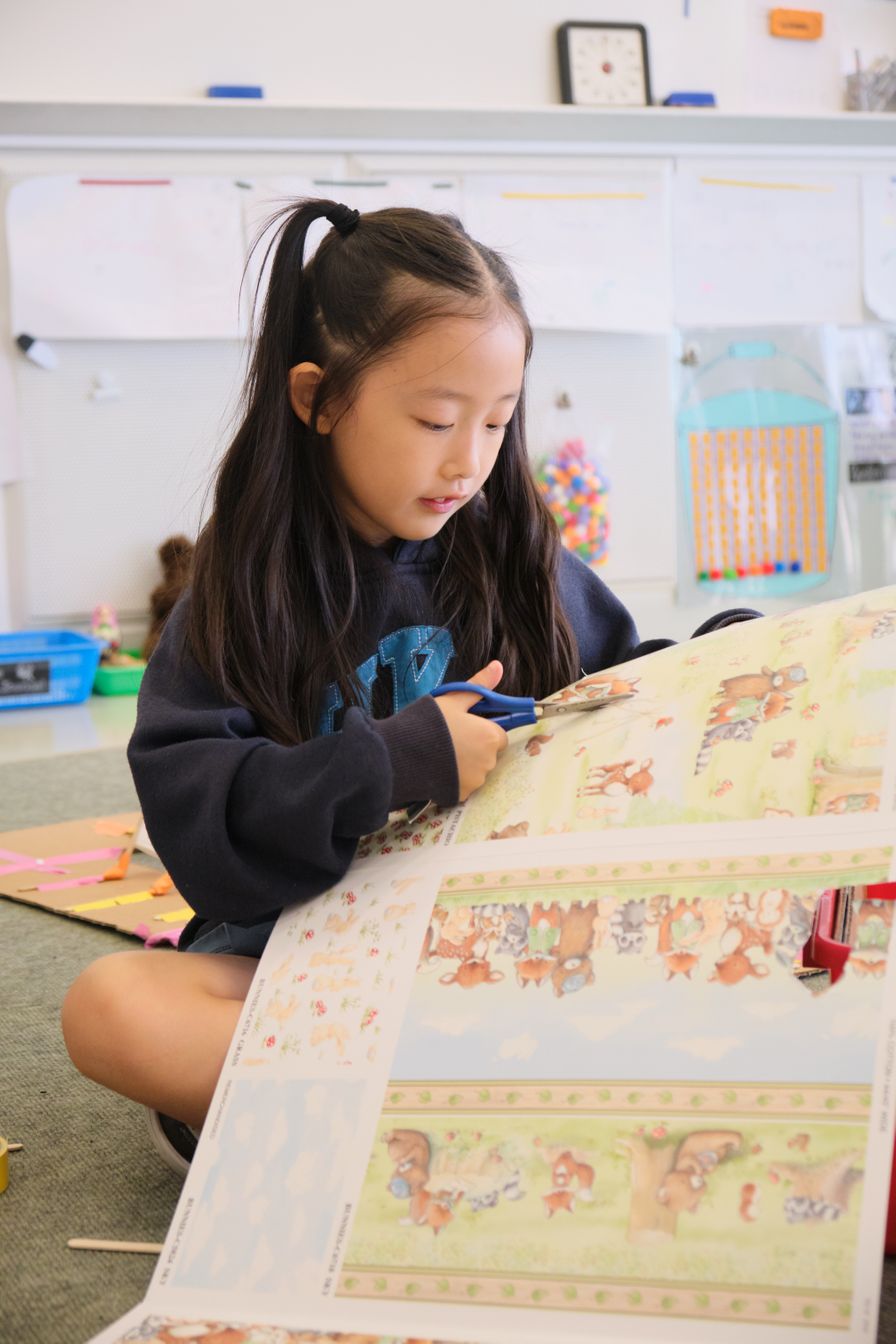
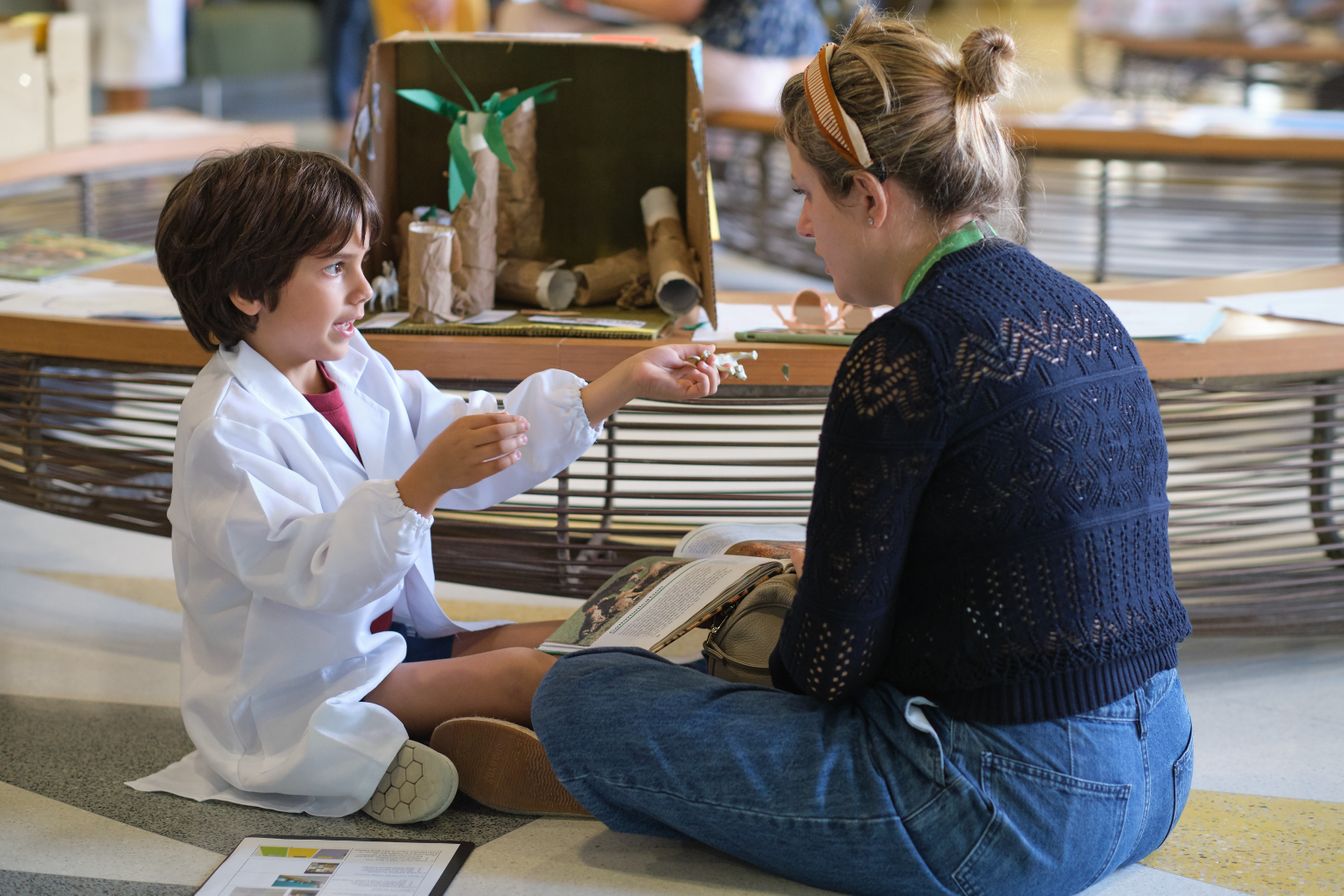
- A narrative comment focussing on the whole child, including progress made during PYP units of inquiry
- A narrative overview of each Literacy, Mathematics, PE, ICT, Visual Arts and Music and the content covered during the semester, plus;
- An indication of whether a student is approaching, meeting or exceeding the grade level expectations
- Concise bullet point comments to identify individual student strengths and areas for growth - A student written self-reflection on their progress and next steps
Note: In addition to the semester report, students who receive Learner Support services will also receive an IILP report.
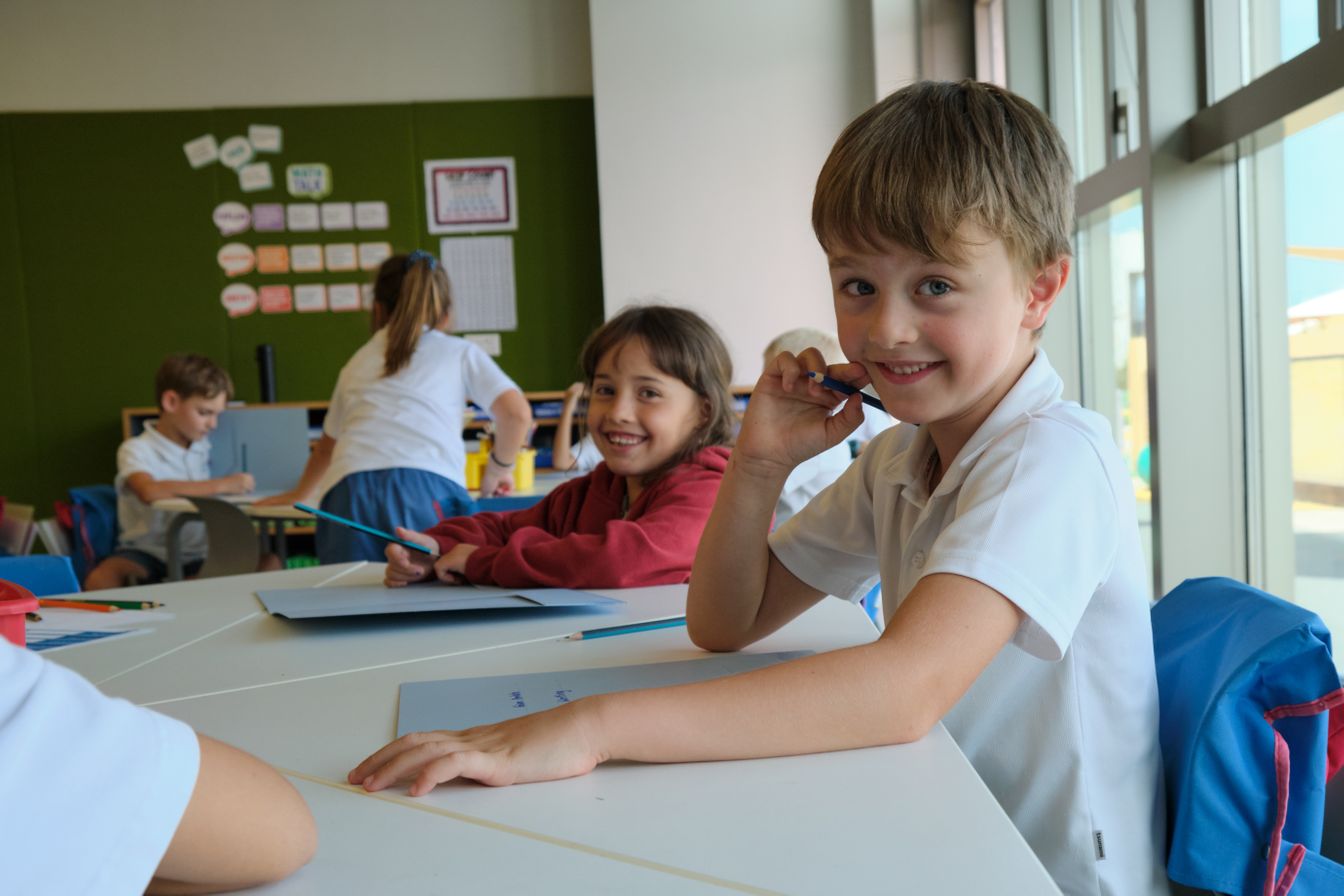
In the Primary School, we feedback to parents in the following ways, each year:
- Reading and writing continuums are highlighted twice a year to show developmental progress and growth over the course of the year, and shared with families via Veracross, and during Parent-Teacher-Student Conferences
- Two written progress reports will be shared with parents via Veracross, one at the end of each semester
- In K - G5, two Parent-Teacher-Student Conferences will take place each academic year to touch base on student progress and goals.
- In Pre-K, two Parent-Teacher Conferences will take place each academic year to touch base on student progress and goals In Pre-K - G5, a Student-Led Share Day will be held towards the end of the second semester, where students guide their family through their learning progress and environment
